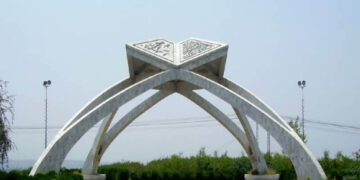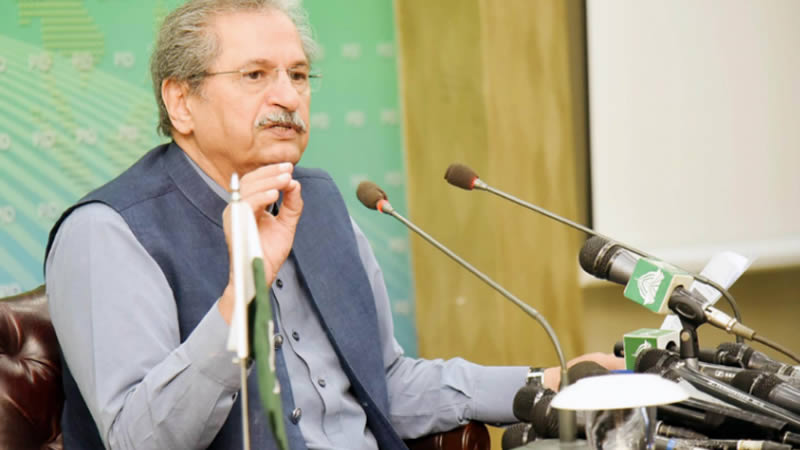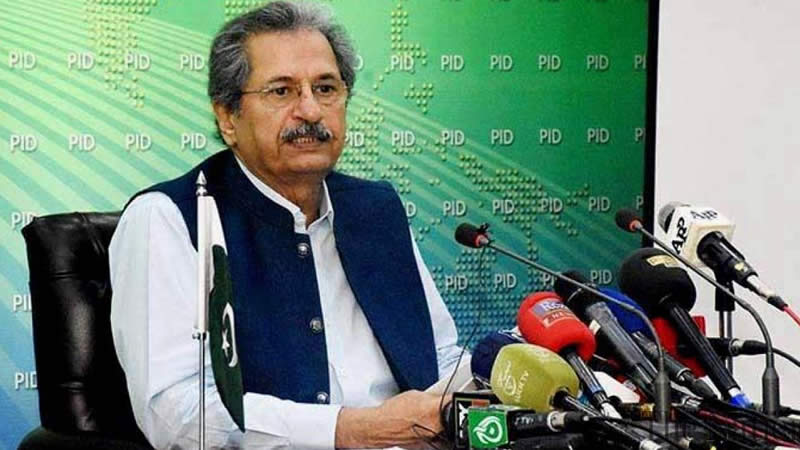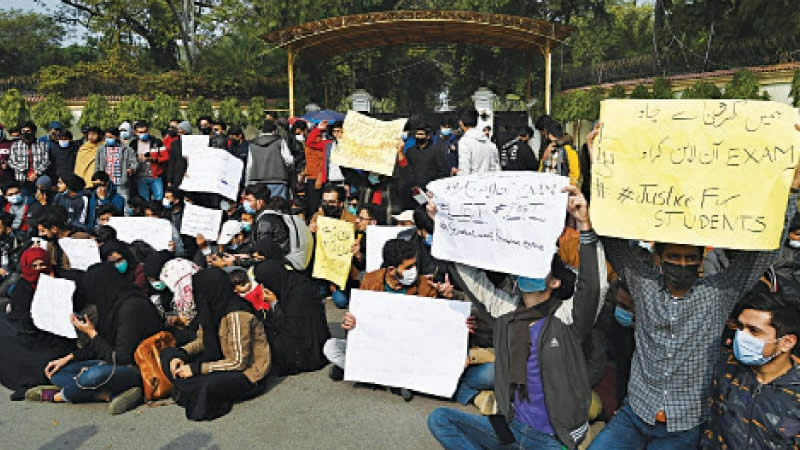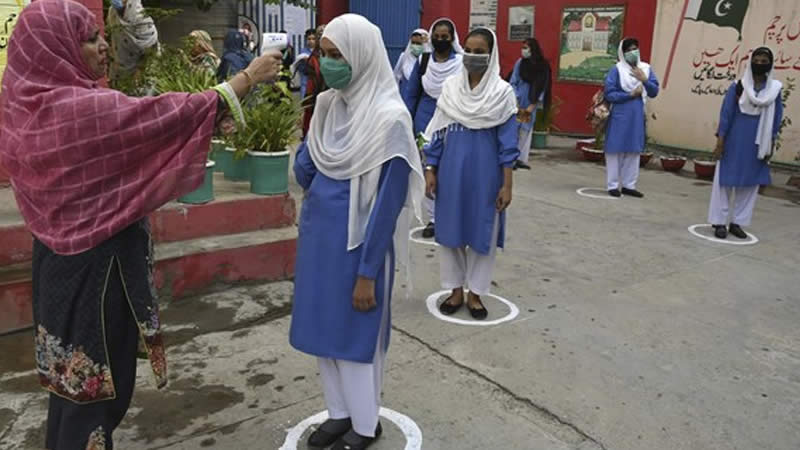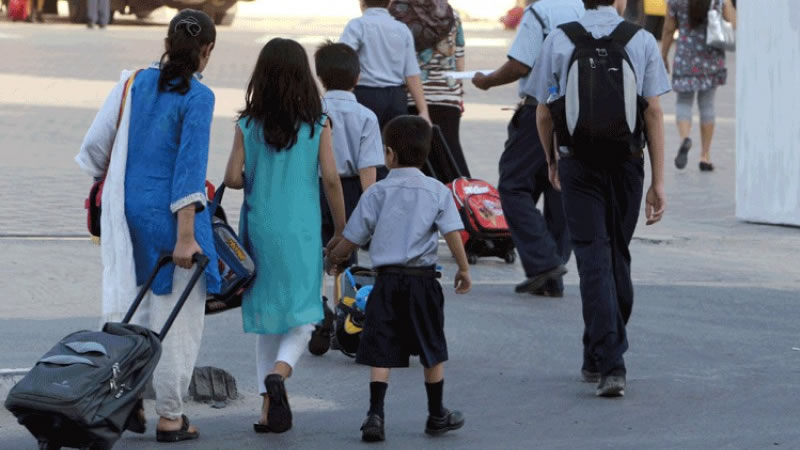 Finishing higher secondary school brings on the added pressure of choosing the right kind of college education with a view to pursuing higher education. Parents and students alike feel the pressure of gaining admission into their choice of university and many at the end of the whole exercise feel the disappointment of not getting into the college of their choice.Pakistan’s universities are limited in numbers and those recognised or accredited are 132 in all with 73 being in the public domain and 59 in the private sector. Of these, 127 universities are said to be “fully functional” according to parameters set by the Higher Education Commission (HEC). Most public universities are structured on the colonial system of education and are funded by the government.At Independence in 1947, Pakistan set up further universities in the fields of agriculture, engineering, medicine and government degree colleges. Recently, private universities with a high fee structure have also mushroomed widening the choice for students trying to gain admission into college. Earlier, the University Grants Commission (UGC) overlooked quality assurance which was later replaced by the HEC whose website notifies students, parents and other stakeholders to make choices or informed decisions on higher education options in Pakistan.
Finishing higher secondary school brings on the added pressure of choosing the right kind of college education with a view to pursuing higher education. Parents and students alike feel the pressure of gaining admission into their choice of university and many at the end of the whole exercise feel the disappointment of not getting into the college of their choice.Pakistan’s universities are limited in numbers and those recognised or accredited are 132 in all with 73 being in the public domain and 59 in the private sector. Of these, 127 universities are said to be “fully functional” according to parameters set by the Higher Education Commission (HEC). Most public universities are structured on the colonial system of education and are funded by the government.At Independence in 1947, Pakistan set up further universities in the fields of agriculture, engineering, medicine and government degree colleges. Recently, private universities with a high fee structure have also mushroomed widening the choice for students trying to gain admission into college. Earlier, the University Grants Commission (UGC) overlooked quality assurance which was later replaced by the HEC whose website notifies students, parents and other stakeholders to make choices or informed decisions on higher education options in Pakistan.
Applying to a college or university in Pakistan is dependent on two main principles. Firstly, public universities with a subsidised fee structure admit students on a merit system. To get into one of the public universities, applicants must gain certain grades or marks to competitively enter these. Once the quota within the specified marks level is full, admission is no longer available there. Secondly, the education system allows streaming at the higher secondary level (FSc/FA) or “intermediate” level which means that the choice of course is already determined with students taking pre-engineering, pre-medical, humanities or social sciences, business or accounting subjects. Those who wish to pursue medicine will look for the right business school medical or engineering college.Consequently, the essential factors impacting Pakistani students who wish to pursue higher education and their choice of university will depend on the following.
Financial factors
For many Pakistani students attending the college or university of their choice, financial status plays a huge part as tuition fees, room and boarding, books, fees, and personal expenses have to be considered. Those who can afford it may choose from a range of private universities where the student-faculty ration is lower. Others will definitely opt for public universities where the fee structure is subsidised or look for those universities which offer financial assistance.
Economic factors
Choice of college will depend on the kind of career chosen for entry into the job market. It could be a specific trade or technical area, business or profession which will establish the student’s choice of university for that specific discipline.
Academic merit
This basically means what you wish to study. A higher merit is required for a medical or engineering college based on countrywide competition. A standardised test is already a feature of gaining admission into the medical profession. Some Pakistani universities define the minimum qualification needed to apply including foreign test results for SATs or GREs.
Location and reputation
A student’s choice will depend on a suitable location of a university nearby or one with a good reputation elsewhere with hostel facilities. Universities such as GIK, LUMS, King Edward Medical College, Punjab University, FAST-NU, Aga Khan University, Quaid-i-Azam University and International Islamic University at Islamabad may be the choice for students from far flung areas.
Faculty and campus facilities
If a student’s choice is based on the quality of a university then factors such as student-faculty ratio; average class size; percentage of faculty who teach; percentage of classes that are taught by qualified doctoral professors (versus those that are taught by graduate students or masters level) will matter. Here, accreditation of the course study and university accreditation with a recognised body is essential.Thus, Pakistan has its own dynamics in university selection for students opting for a graduate degree. A lot depends on the indigenous cultural and economic factors affecting career options as well as gender in choosing the most suitable university and course of study.



